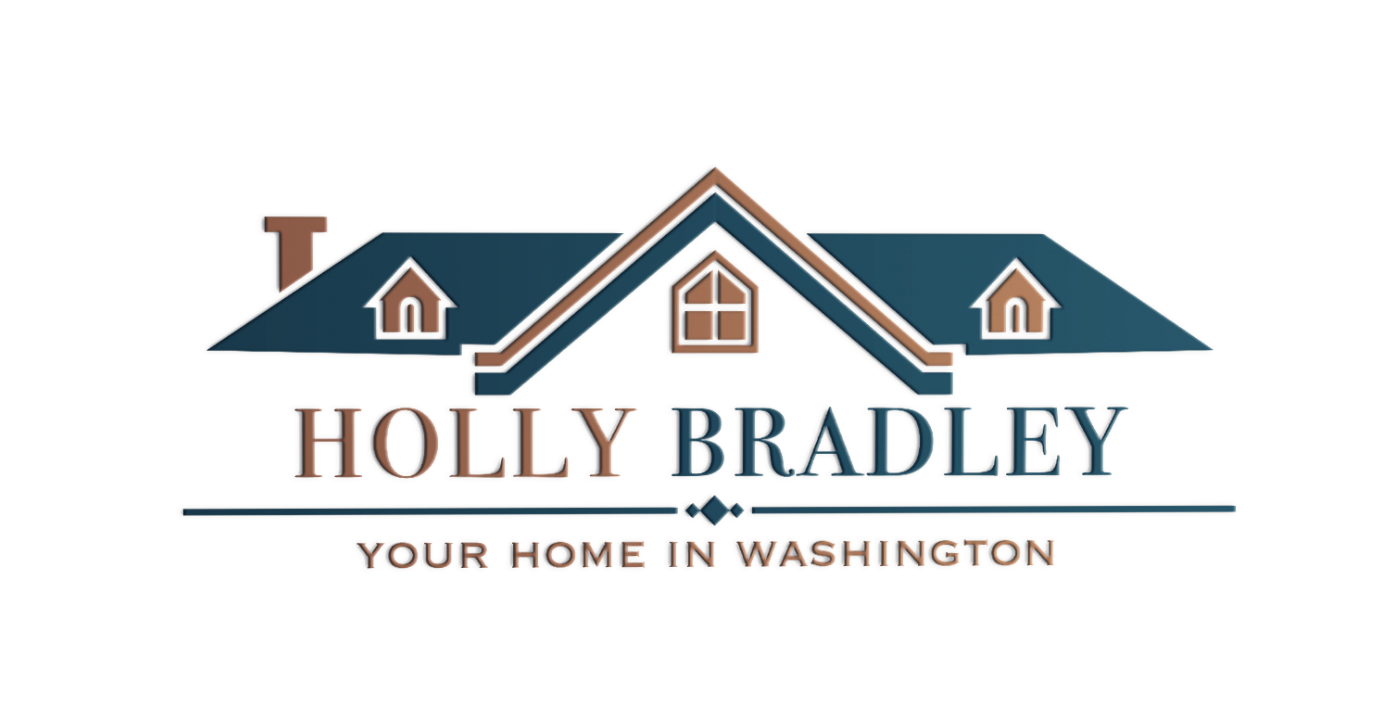
21 Nov Understanding Mortgage Forbearance
As Covid-19 and its effects continues to spread, many people are finding it difficult or impossible to pay their mortgage. But job loss or illness does not need to lead to foreclosure on your home. If you find yourself facing the inability to make your mortgage payments, you need to be aware of an important option—forbearance.
What is Forbearance?
Forbearance is temporary mortgage relief. While forbearance does not erase payments, it does give the homeowners a chance to get their financial feet under them. According to Bankrate, as of October 2020, about 3 million Americans were in mortgage forbearance. In March, the CARES Act included a mortgage forbearance program for government-backed loans as well as loans held by Freddie Mac and Fannie Mae. Many private lenders also offered increased forbearance options.
The terms of a forbearance agreement is negotiated between the borrower and the lender. Sometimes the borrower is allowed to pause all payments. Other times, the borrower will not pay on the principal balance and instead pay only the interest or partial interest. And with some forbearance plans, the lender will temporarily reduce the interest rate.
What Happens After Forbearance?
At the end of the forbearance period the borrower will be responsible for the unpaid amount. Oftentimes the lender does not require a lump sum payment and a payment plan is created.
In the past, borrowers in mortgage forbearance have been unable to refinance or apply for another loan until they have been making mortgage payments again for at least a year. However recent changes have shortened this timeline and borrowers can refinance after three consecutive payments have been made. This allows homeowners to take advantage of low interest rates and improve their financial health.
Will Forbearance Affect My Borrowing Power?
Forbearance comes with some consequences, but they are less severe than with foreclosure. Typically forbearance negatively affects credit scores for a short period of time. However, the CARES Act ensures that mortgages in forbearance due to Covid-19 will not have this negative impact.
Borrowers in a forbearance period may face roadblocks if trying to withdraw their home equity. This varies from lender to lender. Usually homeowners can access their home equity through a variety of ways, including loans and cash out refinancing. This is why owning a home is a tool for building wealth. During this period of uncertainty and high unemployment, however, banks are tightening restrictions on equity withdrawals for everyone.
If you are facing financial challenges, first realize you are not alone! Forbearance has been an option for a long time, but it’s in the spotlight now as many Americans are unemployed or financially struggling. Next, contact your lender right away to discuss your options. And don’t forget to explore assisatance programs, such as this one for Washington state residents. I understand the value of home ownership and am here to partner with you through the ups and downs of buying and owning a home.
Photo by Tierra Mallorca on Unsplash
